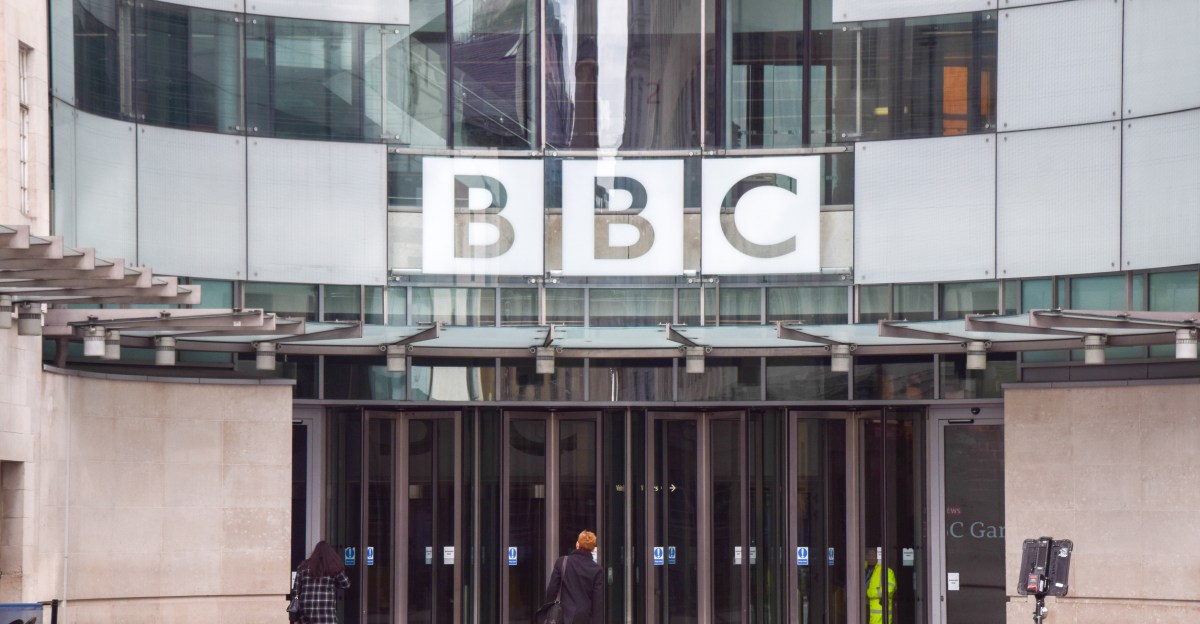The BBC wants to make people in the US pay for its content. The public broadcaster announced on Thursday that it will start offering US-based users an $8.99 per month (or $49.99 per year) subscription for “unlimited” access to news stories, feature reports, and the BBC News channel livestream.
Users in the US will still get free access to “select” breaking news stories, BBC Radio 4 and BBC World Service radio livestreams, BBC World Service sites, as well as newsletters and podcasts. BBC.com will use a “dynamic pay model” to show paywalls to certain readers depending on how much they read and how long they’re on the site.
“This approach allows casual readers to explore freely, while offering our most engaged users the opportunity to unlock even more,” the BBC writes in its announcement. “By opting to pay, readers gain unlimited access to all the site’s content.” The BBC says its website reaches 60 million users in the US alone.
The move is meant to help the BBC drum up more revenue as the money collected from yearly license fees in the UK — which people are required to purchase to watch live TV or use BBC iPlayer — continues to tumble. Last year, around 500,000 households in the UK canceled their license fee as more people turned to streaming services like Netflix. The UK government has considered trying new methods to support the BBC, including extending license fees to streaming-only users and radio listeners, as well as rolling out ads on the BBC and taxing streamers, according to Bloomberg.
In the future, the BBC’s subscription will include ad-free documentary series, films, and podcasts, along with access to exclusive newsletters and other content. It notes that users based in the UK won’t experience any changes to how they access the BBC, as BBC.com will flag users based on their device’s geolocation. UK users who travel to the US can also continue to read or stream BBC content uninterrupted by accessing it through the BBC News app.
The BBC notes that it currently doesn’t have plans to launch a subscription outside of North America.
Read the full article here














